#Victor hess
Explore tagged Tumblr posts
Text

We scientists are simple observers of this natural, average course of events. We do our share in trying to find out the "laws" which govern this world of ours. In my span of life, discoveries in the field of physics have succeeded one another so rapidly that it is hard for a layman to keep up with them: X-rays, radioactivity, cosmic rays, artificial radioactivity, atom-smashing machines. The fission of uranium led to the most terrible and destructive of all weapons — the atom bomb. Must we despair when we see that the final result of so many untiring efforts of such great scientists have led only to mass destruction? No. It is true that, in the long history of scientific progress, many inventions have been used in warfare [... But] I'm sure that the urge of self-preservation will finally convince all nations that nothing can be gained by mass destruction of others.
Victor Hess ("My Faith")
6 notes
·
View notes
Text
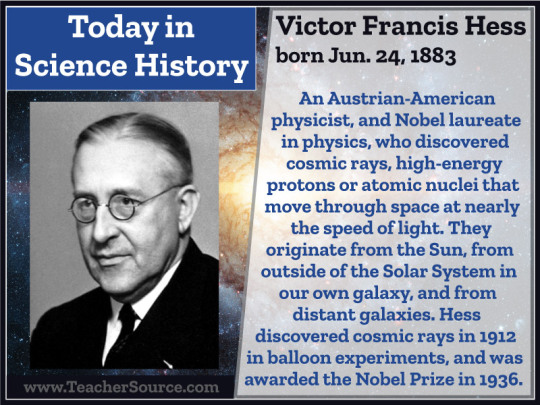
Victor Francis Hess was born on June 24, 1883. An Austrian-American physicist, and Nobel laureate in physics, who discovered cosmic rays, high-energy protons or atomic nuclei that move through space at nearly the speed of light. They originate from the Sun, from outside of the Solar System in our own galaxy, and from distant galaxies. Hess discovered cosmic rays in 1912 in balloon experiments, and was awarded the Nobel Prize in 1936.
#victor francis hess#victor hess#physics#cosmic rays#nobel prize#nobel prize winners#science#science history#science birthdays#on this day#on this day in science history
8 notes
·
View notes
Text
How some straight men in classic literature act: women are smart and beautiful, but they seem so out of reach.
Anyway, here is my best friend. He is so beautiful. He is the one person I can trust. We might have kissed a few times in this novel, like all good friends do. Did I mention how beautiful he is in this feminine way? It takes my breath away.
#peter camenzind#books and reading#classics#classic literature#demian#hermann hesse#narziss und goldmund#crime and punishment#fyodor dostoevsky#frankenstein#victor frankenstein#mary shelley#queer lit#the picture of dorian gray#oscar wilde#max demian#emil sinclair#raskolnikov#razumikhin#the illiad#achilles#patroclus#hamlet
2K notes
·
View notes
Text

Eva Hess Archive. Card from Vic Moscoso, ca. 1965.
45 notes
·
View notes
Text
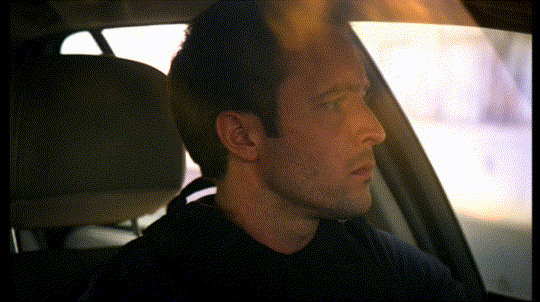
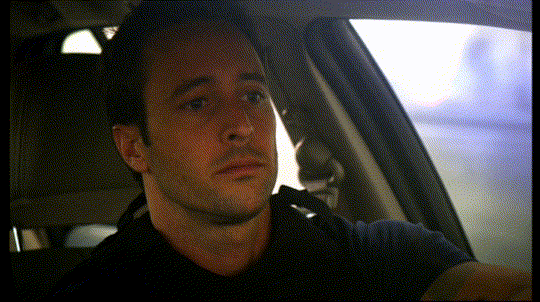
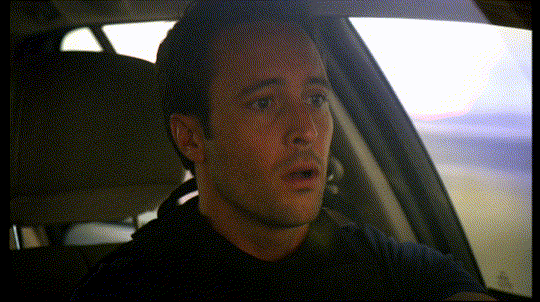

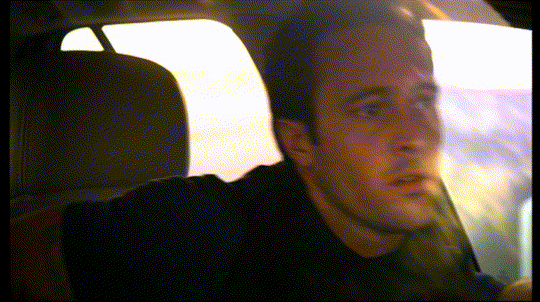
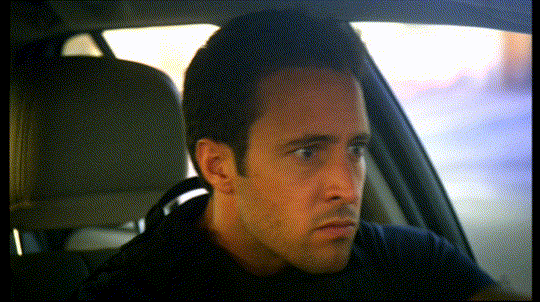
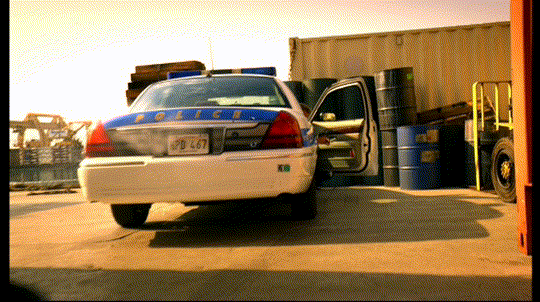
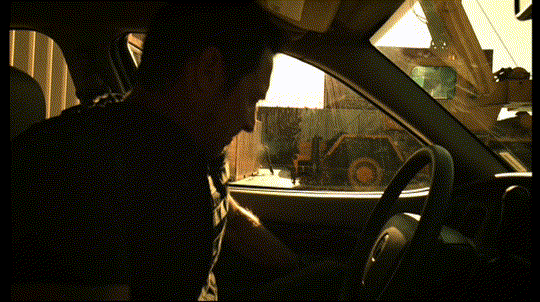
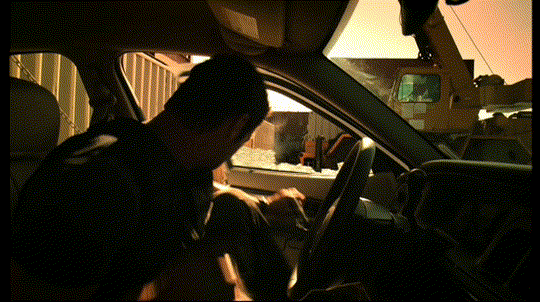
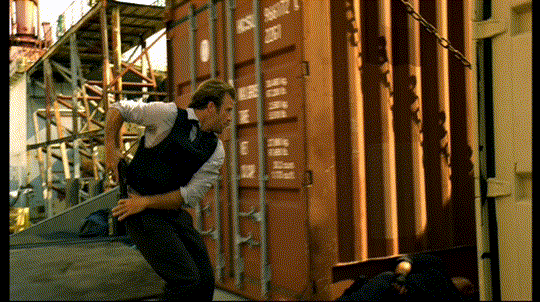
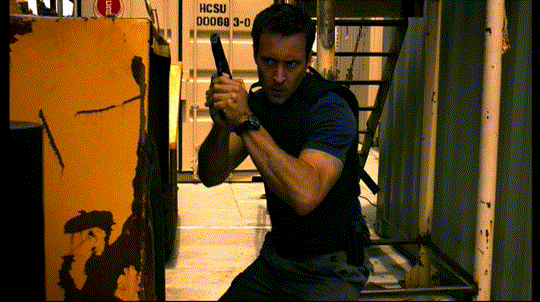
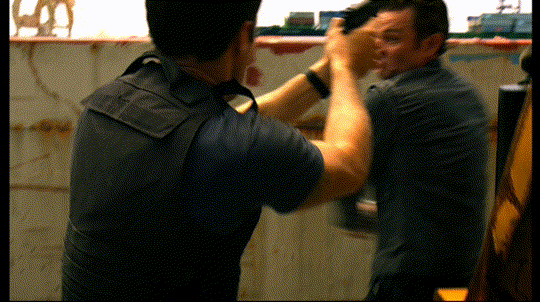
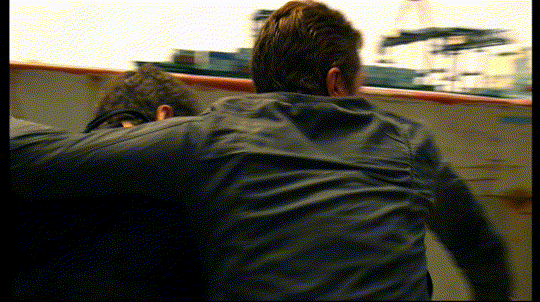
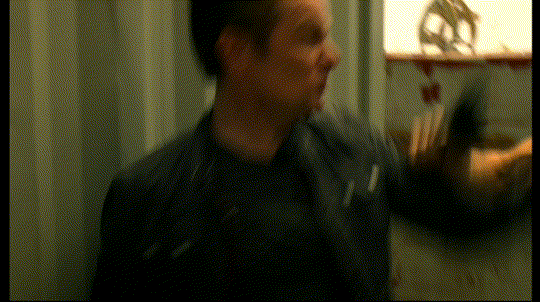
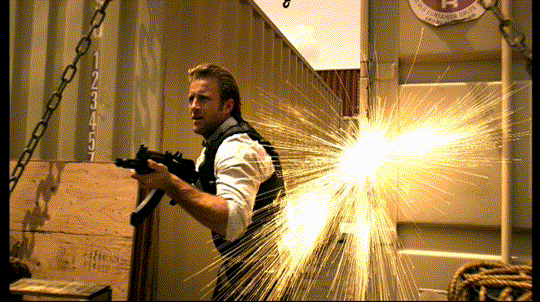
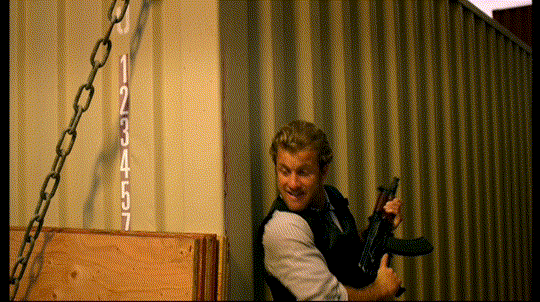
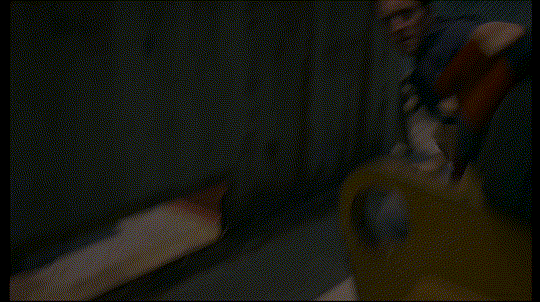
Hawaii Five-0 team being BAMF, Pilot, Part 3
Part 2 | Part 1
#h50#hawaii five 0#mcdanno#steve mcgarrett#danny williams#victor hesse#eddie diaz#my gifs#h50 pilot gifs#h50 pilot#h50 gifs
40 notes
·
View notes
Text

Wanderer by Victor Grasso, watercolor on paper, 2021 :: (Guillaume Gris)
* * * *
“Obedient to no man, dependent only on weather and season, without a goal before them or a roof above them, owning nothing, open to every whim of fate, the homeless wanderers lead their childlike, brave, shabby existence. They are the sons of Adam, who was driven out of Paradise; the brothers of the animals, of innocence. Out of heaven's hand they accept what is given them from moment to moment: sun, rain, fog, snow, warmth, cold, comfort, and hardship; time does not exist for them and neither does history, or ambition, or that bizarre idol called progress and evolution, in which houseowners believe so desperately.
A wayfarer may be delicate or crude, artful or awkward, brave or cowardly—he is always a child at heart, living in the first day of creation, before the beginning of the history of the world, his life always guided by a few simple instincts and needs. He may be intelligent or stupid; he may be deeply aware of the fleeting fragility of all living things, of how pettily and fearfully each living creature carries its bit of warm blood through the glaciers of cosmic space, or he may merely follow the commands of his poor stomach with childlike greed—he is always the opponent, the deadly enemy of the established proprietor, who hates him, despises him, or fears him, because he does not wish to be reminded that all existence is transitory, that life is constantly wilting, that merciless icy death fills the cosmos all around.” ― Hermann Hesse, Narcissus and Goldmund
14 notes
·
View notes
Text
The Father's day/Mother's day art piece for PAd.
Hopefully they can get back to their home dimension soon.


#pokemon across dimensions#PAd#alolan#vulpix#ninetales#Val Torian#Hess Torian#Attori Torian#Victor Torian#durian
14 notes
·
View notes
Text
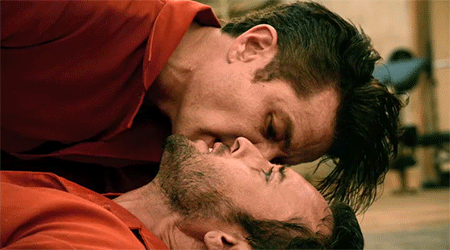
17 notes
·
View notes
Text
instagram
Pic of the Day: Nothing homoerotic to see here... just a dude stabbing another dude... & whispering in his ear... move along...
aka James Marsters & Alex O'Loughlin tusslin' in a non-homoerotic, completely platonic, heterosexual fashion, in Hawaii Five-0
@realjamesmarsters #JamesMarsters @alexoloughlin_ofiicial #AlexOLoughlin @hawaiifive0cbs #H50 #HawaiiFive0 #Homoerotic #ButInLikeATotallyHeterosexualWay #NothingToSeeHere
#james marsters#alex o'loughlin#hawaii five 0#hawaii five-0#h50#victor hesse#steve mcgarrett#Instagram
5 notes
·
View notes
Text

Dear Anon,
thank you for the question. For whatever reason, tumblr deleted the ask after I edited it and I can not find any longer … but that wont deter us. :-)
2. top 5 books of all time?
Oh my, that is the most difficult question out of them all. And I admit it, I have to cheat a tiny bit. My five favourite fiction books of all time are, in no particular order:
Les Misérables by Victor Hugo
The Strange Case of Dr. Jekyll and Mr. Hyde by Robert Louis Stevenson
Die Bürgschaft by Friedrich Schiller (not a book as such but I love his poems/ballads, book-wise it would probably be Geisterseher)
Sonnet 116 by William Shakespeare (again, not quite a book, but 116 is his best Sonnet in my opinion, otherwise it would be Macbeth)
Unterm Rad by Hermann Hesse
I feel as if I have personally offended several books on my shelf, but these five are my all time favourites (probably.)
19. most disliked popular books?
I have already answered this question here. :-)
#ask me anything#anon#ask game#books#reading#sometimes tumblr truely messes with me :-(#les misérables#victor hugo#the strange case of dr jekyll and mr hyde#robert louis stevenson#hermann hesse#unterm rad#die bürgschaft#friedrich schiller#personal#william shakespeare#sonnet 116
7 notes
·
View notes
Text
The Surprising History of Scientific Ballooning In 11 Missions! It Started With Farm Animals—Now It’s Revealing Secrets of The Cosmos
— By Katherine Gammon | March 27, 2025

Image: NASA
Last year, NASA lofted a massive balloon over Antarctica, carrying beneath it a 5,000-pound telescope. Known as GUSTO, it will help astronomers understand the story of star formation in the universe.
A lofted balloon might seem rather a low-tech approach to enable front-line cosmological discoveries in an era when rockets are now ripping into space with such regularity. But scientists have been working for nearly 250 years to perfect the art of scientific ballooning. From the first samples of the Earth’s high troposphere—gathered in a glass bottle—to new hints about the shape of the universe, balloons have played a surprisingly important role in our understanding of our own planet and the universe beyond. Here are 11 of the most fascinating balloon missions across history.
1783: In late 1700s France, the Montgolfier brothers sent the first passengers into the skies in a balloon: At the court of King Louis XVI at Versailles, they loaded a sheep, duck, and chicken into a round wicker basket tied to a hydrogen-filled balloon by a rope. As onlookers applauded in awe, the balloon lifted off the ground and soared into the air—only to descend into nearby woods 10 minutes later. (The animals survived the flight.)
Just two months later, human passengers boarded a basket attached to a spherical balloon, which toured the heavens for 25 minutes. A new era of science had commenced: Human aeronauts began using balloons to study the atmosphere.
During A Crash Landing, He And His Assistant Wore Helmets Fashioned From Wicker Chicken Baskets.
1804: French chemist Joseph Louis Gay-Lussac flew a balloon up to 23,000 feet to study how gases react to different environments. He carried a thermometer, a barometer, and a hygrometer with him. High in the atmosphere, he filled an evacuated glass bottle—the air had been removed from inside to create a vacuum—with an air sample and found that it had the same chemical composition as air on the ground.
1898: French meteorologist Léon Teisserenc de Bort wanted to know how air temperatures vary at different elevations from the Earth, so he loaded an unpiloted balloon made of paper and silk with temperature-reading devices and dispatched it into the atmosphere. He found that temperatures dropped as the balloon rose, but above 26,000 feet, the temperature held steady. In 1902, he proposed a name for this upper layer of the atmosphere: the stratosphere. (We now know that temperature changes are inverted in the stratosphere and actually increase with height to a certain altitude.)
1912: In a single year, Austrian physicist Victor F. Hess made seven different voyages in a hydrogen balloon. On his seventh, he ascended above the Bohemian town of Aussig to more than 15,000 feet, where he was surprised to find that, according to his carefully calibrated electroscope, ionization of the atmosphere did not fall as he rose. Instead, it was nearly three times higher up there than it was on the ground. These observations led to the discovery of cosmic rays, for which he received a Nobel Prize in 1936.

IT’S A BIRD!: This communication satellite-balloon combo, nicknamed a satelloon, first launched in 1960. Here, it’s seen fully inflated, with workers nearby for scale. The satelloon was so large it could be seen with the naked eye from the ground as it passed 120,000 feet overhead. Photo by NASA / Goddard Space Flight Center.
1931: Swiss physicist Auguste Piccard wanted to make his own observations of cosmic radiation in the atmosphere via hydrogen balloon. To protect himself and his assistant, though, Piccard designed a spherical airtight pressurized aluminum cabin. During a crash landing into the Bavarian Alps, he and his assistant wore helmets fashioned from wicker chicken baskets and pillows on their heads. He would go on to create special hatch doors to improve safety on crewed flights. He later predicted that a closed-capsule system would one day take humans to the moon.
1947: After World War II, the era of plastic balloons, known as “skyhooks,” Stratoscope I, a 12-inch reflecting telescope operated by remote control and suspended from a polyethylene balloon. The Stratoscope I flew seven times between 1957 and 1959 with the aim of capturing high resolution imaging of solar activity. It was followed by Stratoscope II in the early ’60s, which shares some similarities with early prototypes for today’s Hubble Space Telescope.
1960: Deep in the Space Race, NASA launched an ambitious project: a satelloon—half satellite, half balloon. It took seven tries before the balloon successfully launched. The Echo 1 was a communications satelloon: a large sphere of thin mylar that inflated in space, it provided a reflective surface against which radio signals from one location on Earth could bounce to another location. It deorbited in 1968, but helped usher in a new era of satellite-based communications signals.
Balloon Observations By Victor F. Hess Led To The Discovery of Cosmic Rays, For Which He Won A Nobel Prize In 1936.
1962: A Navy astronomer and an Air Force captain climbed into a small steel capsule attached to a 300-foot-tall mylar balloon, aiming to study the cosmos with a special stabilizing telescope and other custom instruments. Over the course of 18 and a half hours, they rose to 82,000 feet and returned to Earth as part of a mission known as Operation Stargazer. Even though the flight was a great success, it would also be the last of piloted balloon flights for scientific research. The project was considered too expensive and canceled in 1963.
1998: The BOOMERanG experiment—Balloon Observations Of Millimetric Extragalactic Radiation and Geophysics—flew a telescope on a balloon 22 miles above Antarctica. Its goal? To measure cosmic microwave background radiation, an afterglow of the Big Bang that permeates the universe. At such a high altitude, the atmospheric absorption of microwaves falls to a minimum, giving scientists a clearer picture of structures that predate the first star or galaxy in the universe. The results showed the geometry of the universe to be flat—which has since been confirmed by other measurements.
2024: A helium balloon mission launched just last year to study the atmospheres around exoplanets, especially “hot Jupiters”—gas giants that orbit quickly and closely around their stars. The mission, called EXCITE, is flying at about 132,000 feet, and collects infrared light, which it runs through a spectrometer to detect any minute changes in light from the exoplanets. This sort of data could help scientists build three-dimensional models of the atmospheres of these gas giants, illuminating their temperature, composition, and weather dynamics—all from the upper atmosphere of our own planet.
— Katharine Gammon is a Freelance Science Writer Based in Santa Monica, California, Who Writes About Environment, Science, and Parenting.
#History#Ballooning 🎈🎈🎈#NASA#Secrets#Cosmos#Scientific Ballooning#Farm Animals 🐓🐓🐓#Chicken Baskets 🧺#Victor F. Hess#Cosmic Rays#Nobel Prize 🏆#Katharine Gammon
0 notes
Text
omg teen wolf cast member number 2 in the walking dead.... first melissa mccall and now dr deaton..
#i could also make this but hawaii five 0#HOW DID I NOT REALISE NORMAN REEDUS WAS LIKE THE WHOLE KICKING OFF POINT FOR HAWAII FIVE 0#LIKE HE PLAYED ANTON HESSE#who yes dies the first ep... but hes literally the reason why victor hesse kills steve's dad and brings steve back to hawaii and boom five#teen wolf#the walking dead#also yes i am now up to season 5... i work fast (its been 6 days and ive been sick!)#wildlywatches <3#wildlywatches <3 the walking dead#twd#wildlywatches <3 teen wolf
1 note
·
View note
Text

Eva Hesse Archive. Paul Klee Quotes by Victor Moscoso, 1956.
16 notes
·
View notes
Text
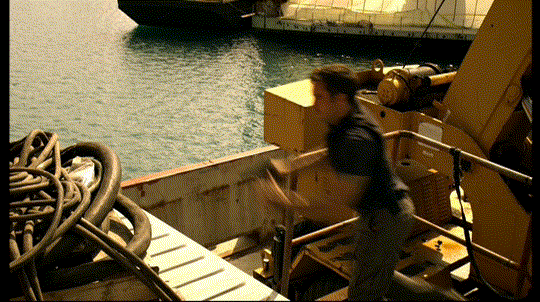
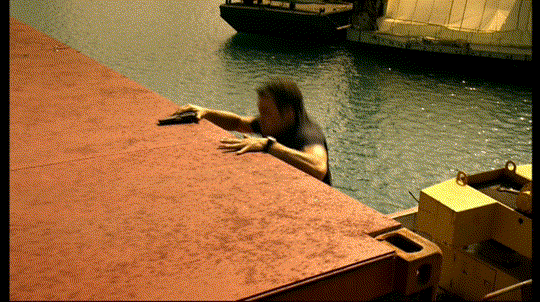
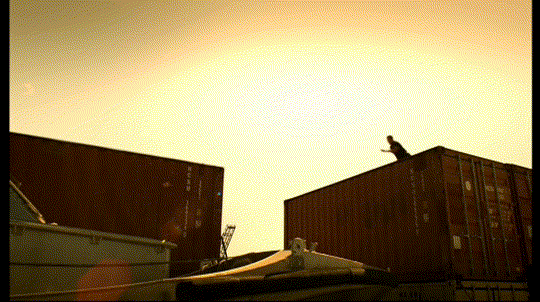
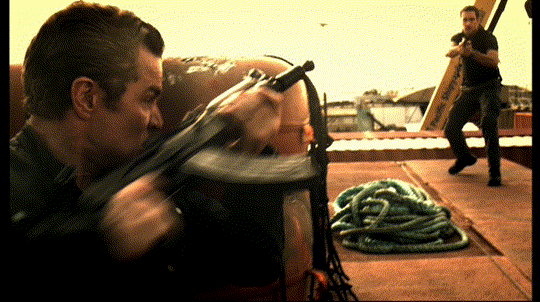
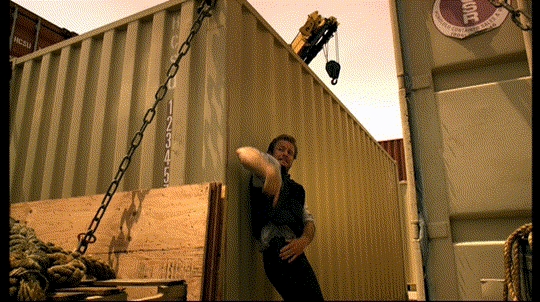
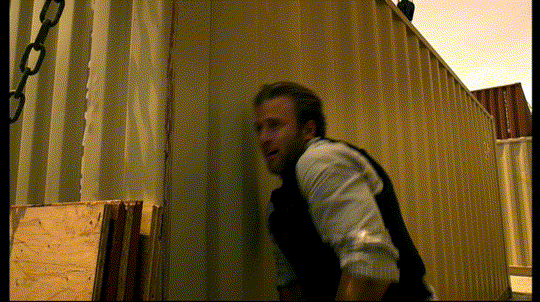
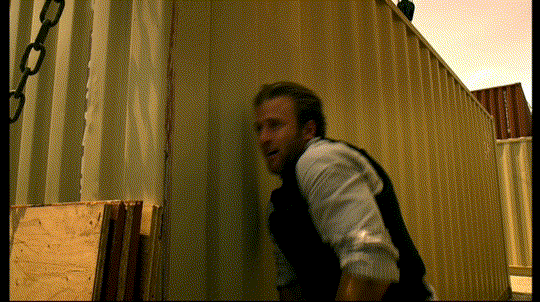
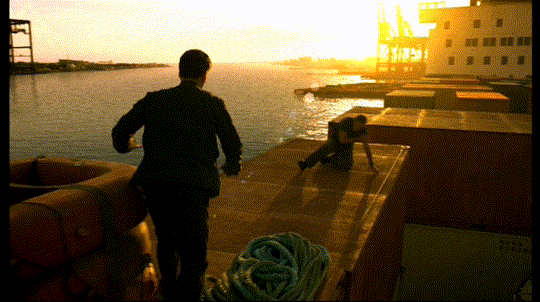
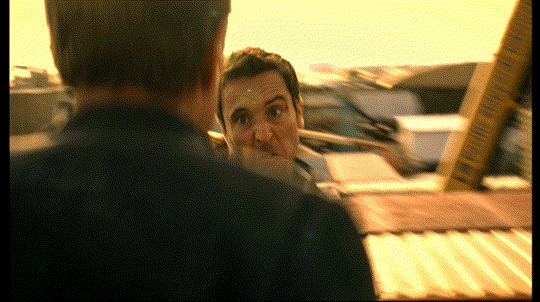
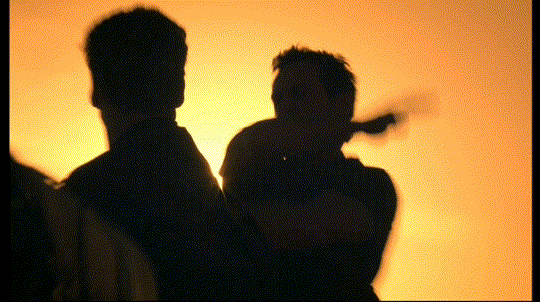
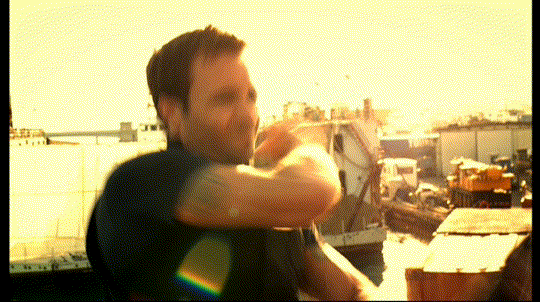
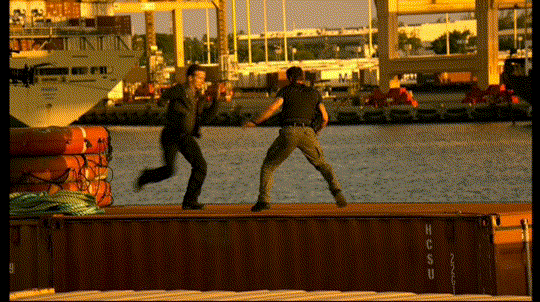
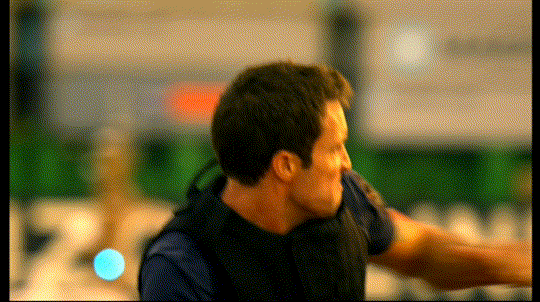
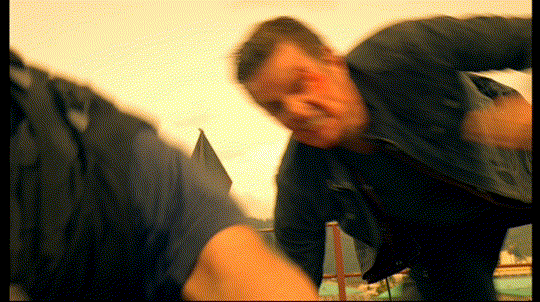
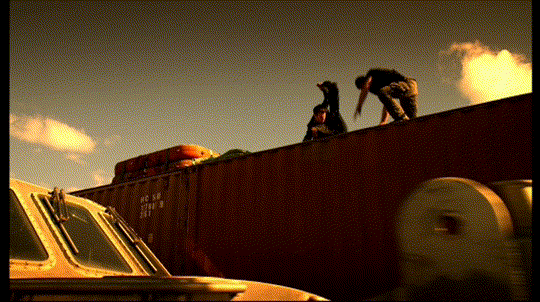
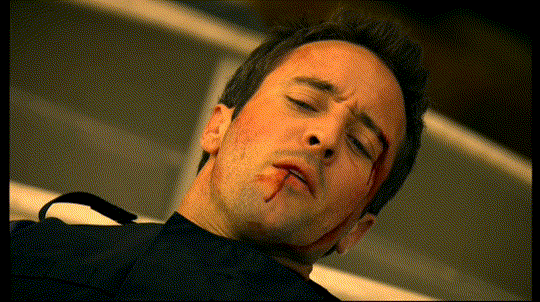
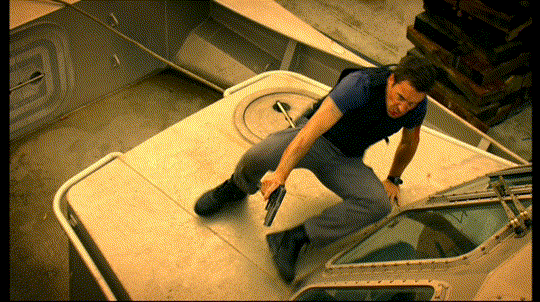
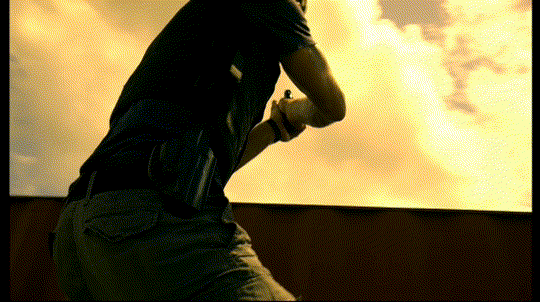
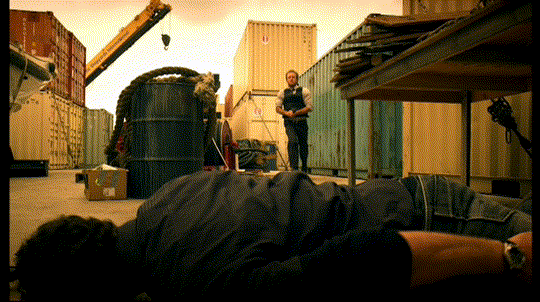
Hawaii Five-0 team being BAMF, Pilot, Part 4
Part 3 | Part 2 | Part 1
#h50#hawaii five 0#mcdanno#steve mcgarrett#danny williams#victor hesse#my gifs#my h50 gifs#h50 pilot#h50 pilot gifs#h50 team#h50 team gifs
30 notes
·
View notes
Text

i’m normally not a victor girl but there’s a special place in my heart for hair up victor 😍 - hirai
Dang if only he tied up his hair more often. 😔😔🙌 - Hesse
180 notes
·
View notes
Text
Her Majesty, Grandmama, and just a few of her Grandchildren


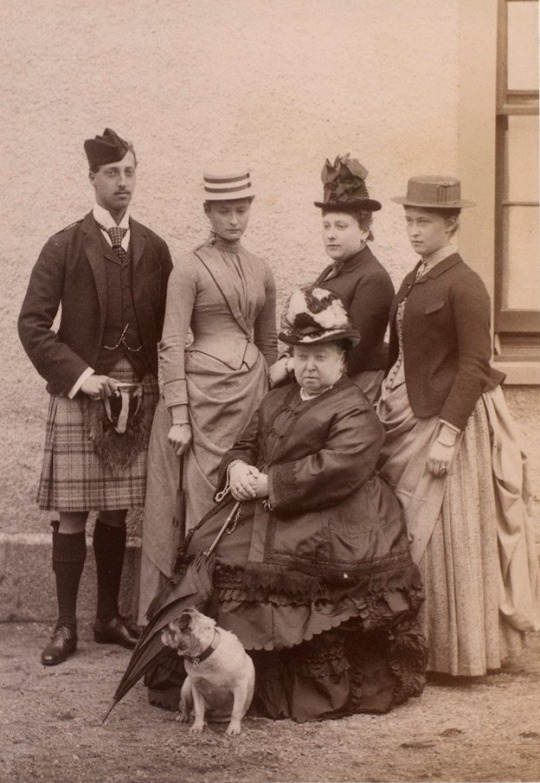
Group photographs of Princesses Alix and Irene, with their maternal cousin and aunt, Prince Albert Victor of Wales and Princess Henry of Battenberg, along with Queen Victoria and Basco the pug, Balmoral, September 1887.
#Princess Alexandra of Hesse#Princess Irene of Hesse#Prince Albert Victor of Wales#Prince Henry of Battenberg#Basco#Balmoral#Queen Victoria#vintage photo
78 notes
·
View notes